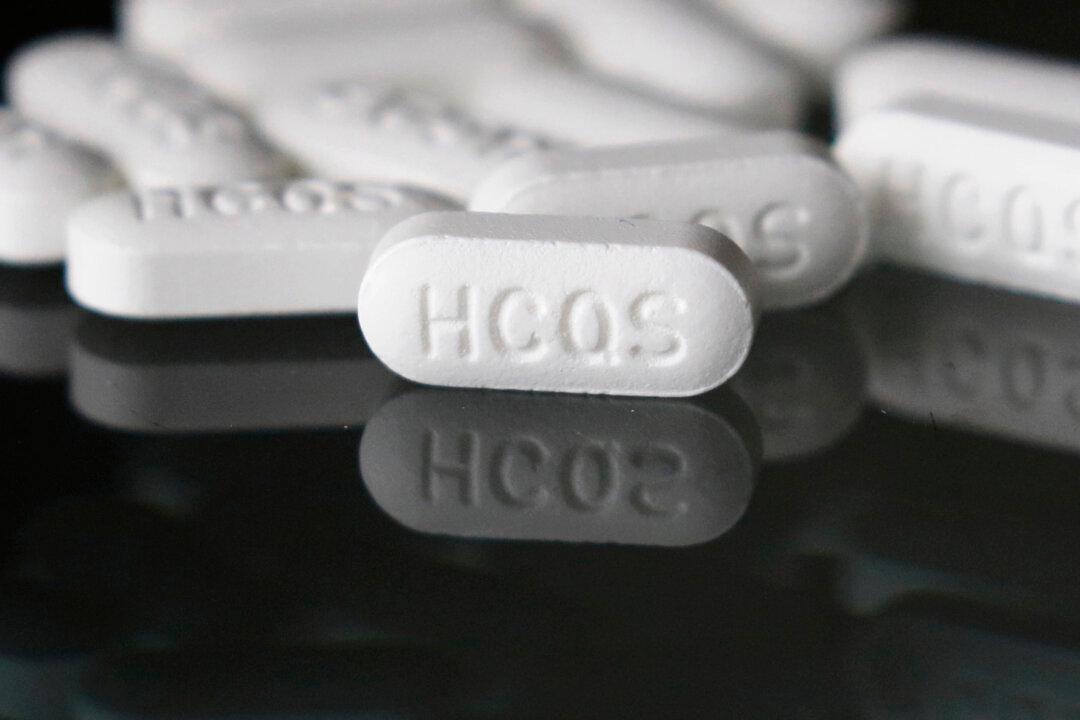The Food and Drug Administration (FDA) on June 15 ended the emergency-use authorization (EUA) for hydroxychloroquine and the closely related chloroquine for the CCP virus, commonly known as the novel coronavirus.
The agency reversed its authorization after being asked to do so by Gary Disbrow, acting director of the Biomedical Advanced Research and Development Authority (BARDA).





